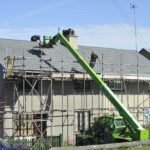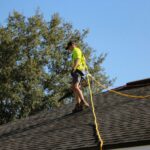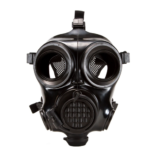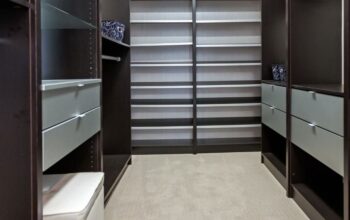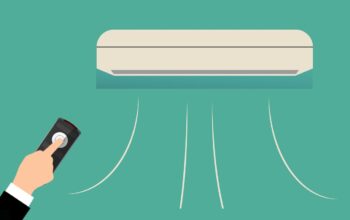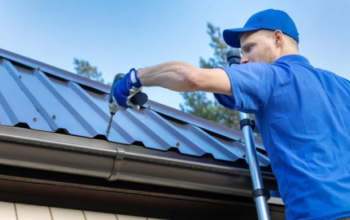Owning a home and keeping it safe for use is a lifetime activity. A house requires constant repairs due to the normal wear and tear. It also requires repairs from other factors such as wind, fire, hail snow, hurricane, cold, and excessive heat. These elements can cause massive damages to your home.
It can be quite costly to get your house habitable and safe for use again. The intensity of natural elements cannot be controlled. However, you can manage the damage the elements would do to your home. To ensure your property is well protected from elements, implement the following:
1) Protective Maintenance
Every year, your home is exposed to the changes in weather that occur in four distinct seasons. These seasons have different effects on the house. The impact of one season can be the precipitate for damages for the next one.

To protect your home, you can schedule regular complete maintenance. This helps to identify and replace the weak spots and create a better buffer for each season. The most affected part of the house is the roof. Try to hire credible roofing contractors to assist with this. The contractor will advise on the best roofing for your house, estimate the cost, install, and then review its functionality. This will save you huge bills from repairs. Moreover, you will not be incurring further losses through leaks.
2) Seasonal Installations
You can also have installations fit for each season. This further protects your house from being damaged. You can install blinds and dehumidifiers during winter and a humidifier during summer. These regulate the amount of humidity in the house protecting both the house and those in it. You do not need professionals for this as you can carry them out yourself. However, make sure that they are fitted right since you might cause more damage. After a season is over, you can uninstall them and store them for future use. The use of plastic sheets for insulation has become increasingly popular as it can remain all year round, but is particularly useful in Winter.
3) Insure Your Home
Homes are an investment that needs protection as well. You can insure it to reduce the losses that might be incurred after natural elements affect it. Depending on where you live, there are different elements. The insurance helps you repair and revamp your house ready for the next season. It is cheaper since you pay premiums. Some insurance companies offer maintenance work too to reduce the effects an element might cause to reduce the payouts. This is cheaper for them and safer for you too.
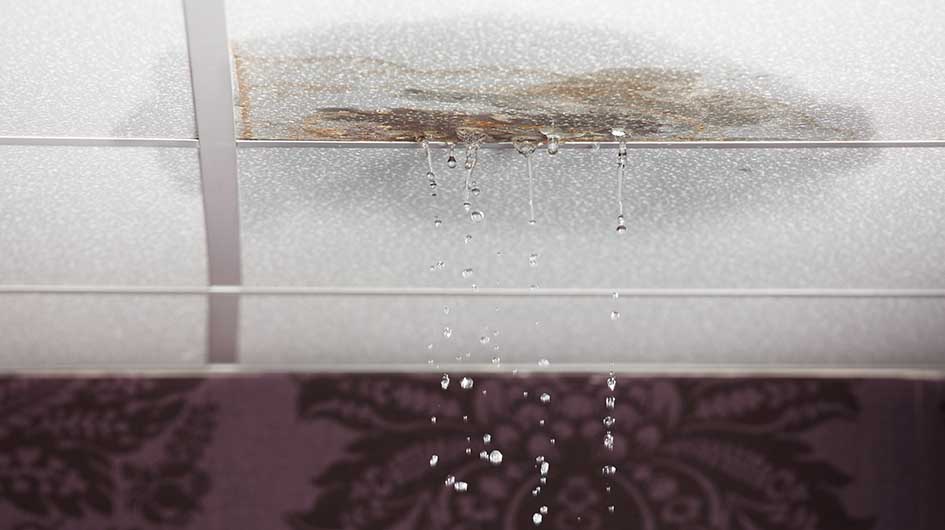
4) Inspection
Have a home inspection carried out at your home to help you realize the state of your house. This move is aimed at spotting a home’s weak points and their effect if left unattended. The inspection requires a qualified home inspector. Once they identify your weak arrears, it is your job to repair and make the changes as advised. House inspection is very affordable. It can be done within a short period without affecting your schedules. The findings once implemented helps keep your house safe and in good condition throughout the years.
5) Clear the Surroundings
Before rainy and windy seasons, clear the surrounding areas near your home. This helps to prevent flooding. It also prevents trees and branches from damaging your house. You can dig trenches that take water to the drain in flat grounds. You can also clear sewer systems and drainage systems to reduce clogging and water retention, which might ruin your house.
Related Posts

Loves home. I am here to provide how to make your home a much better place. 🙂 Blogging about HomeDecor, Home Improvements and more.

